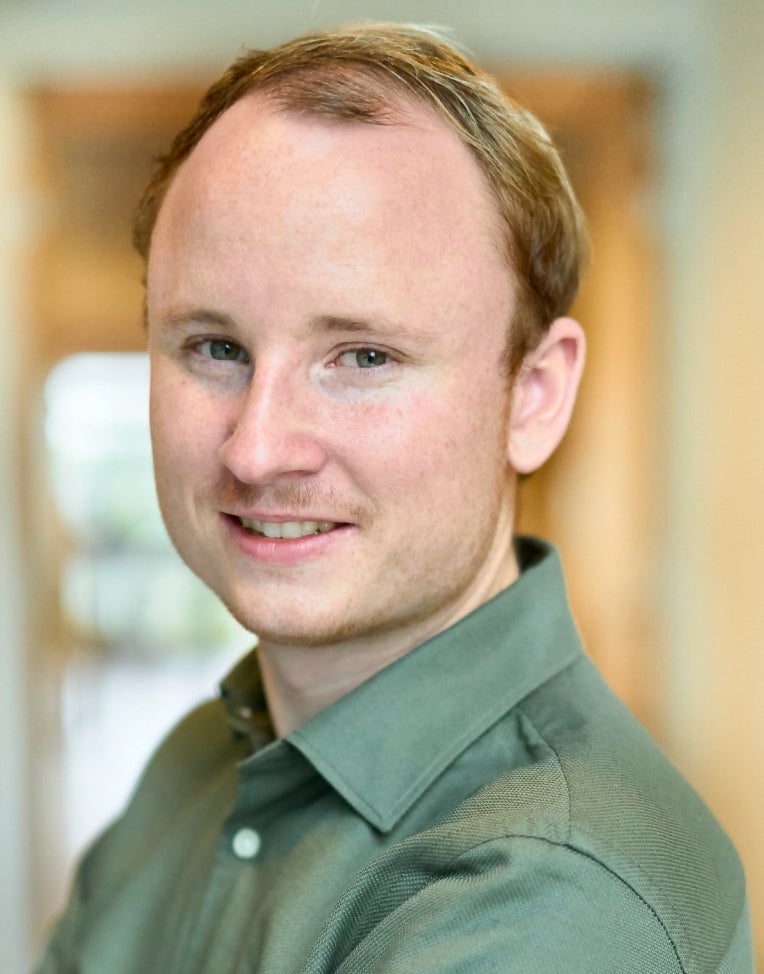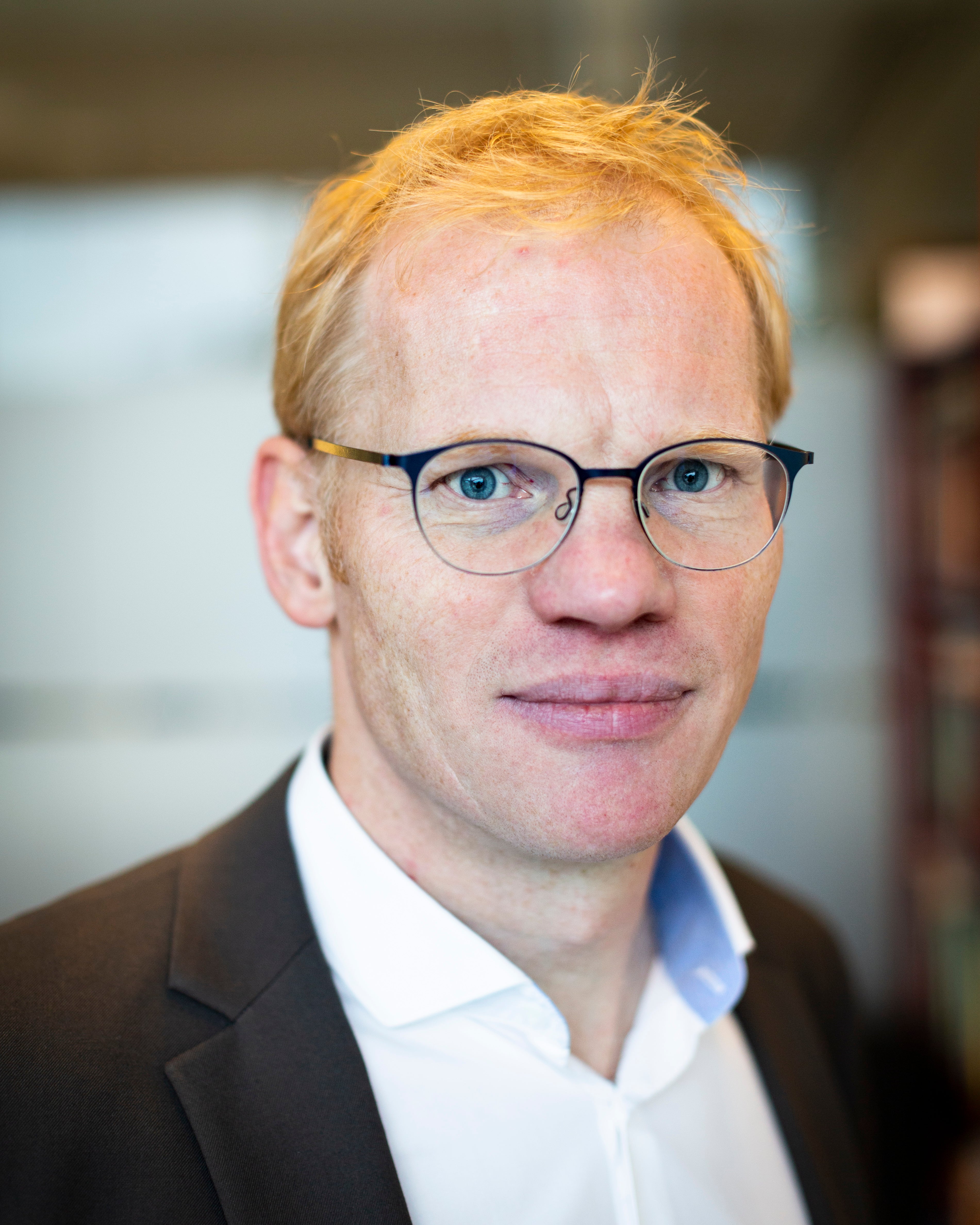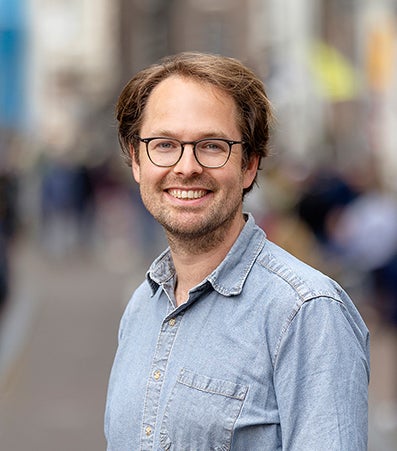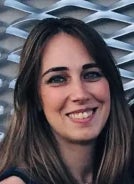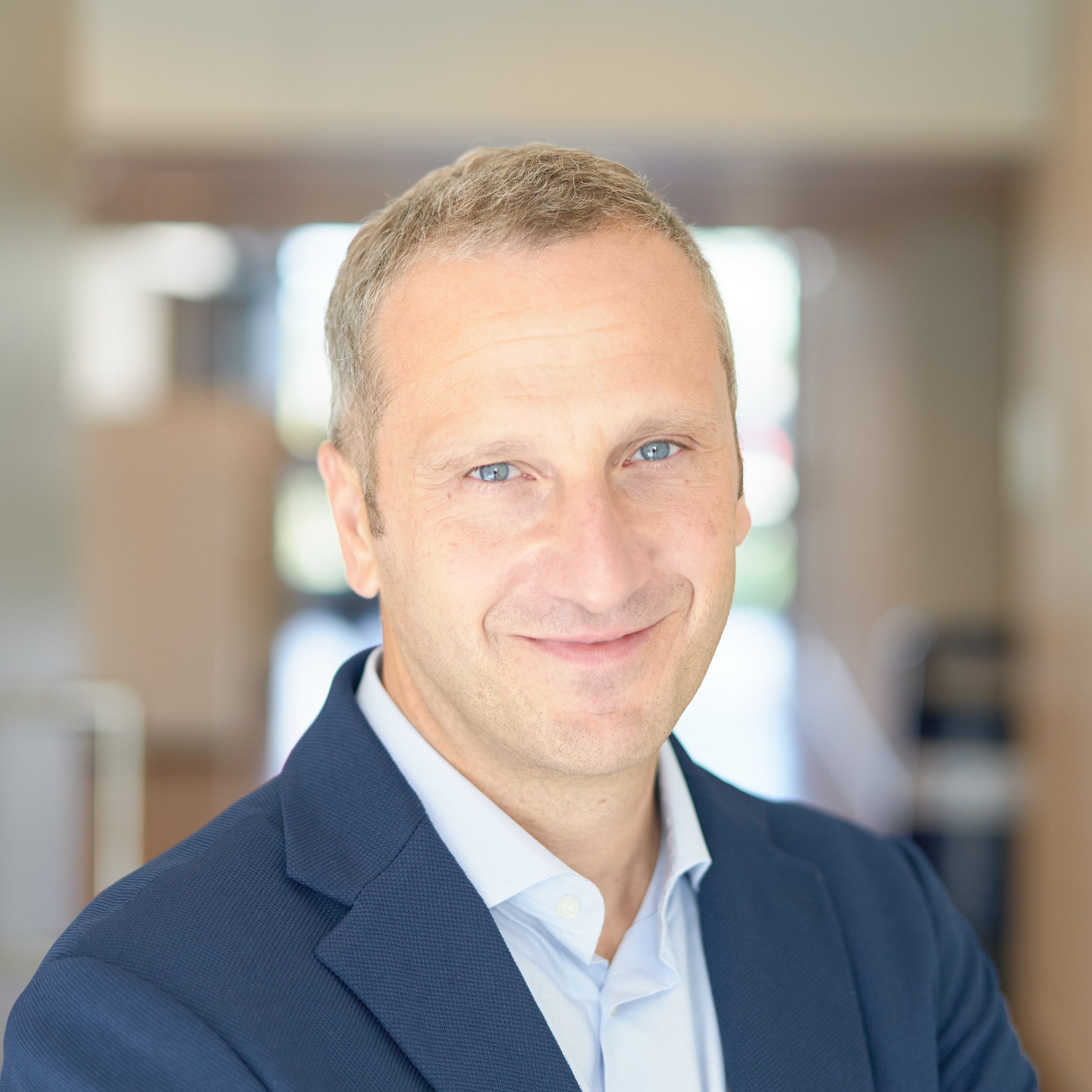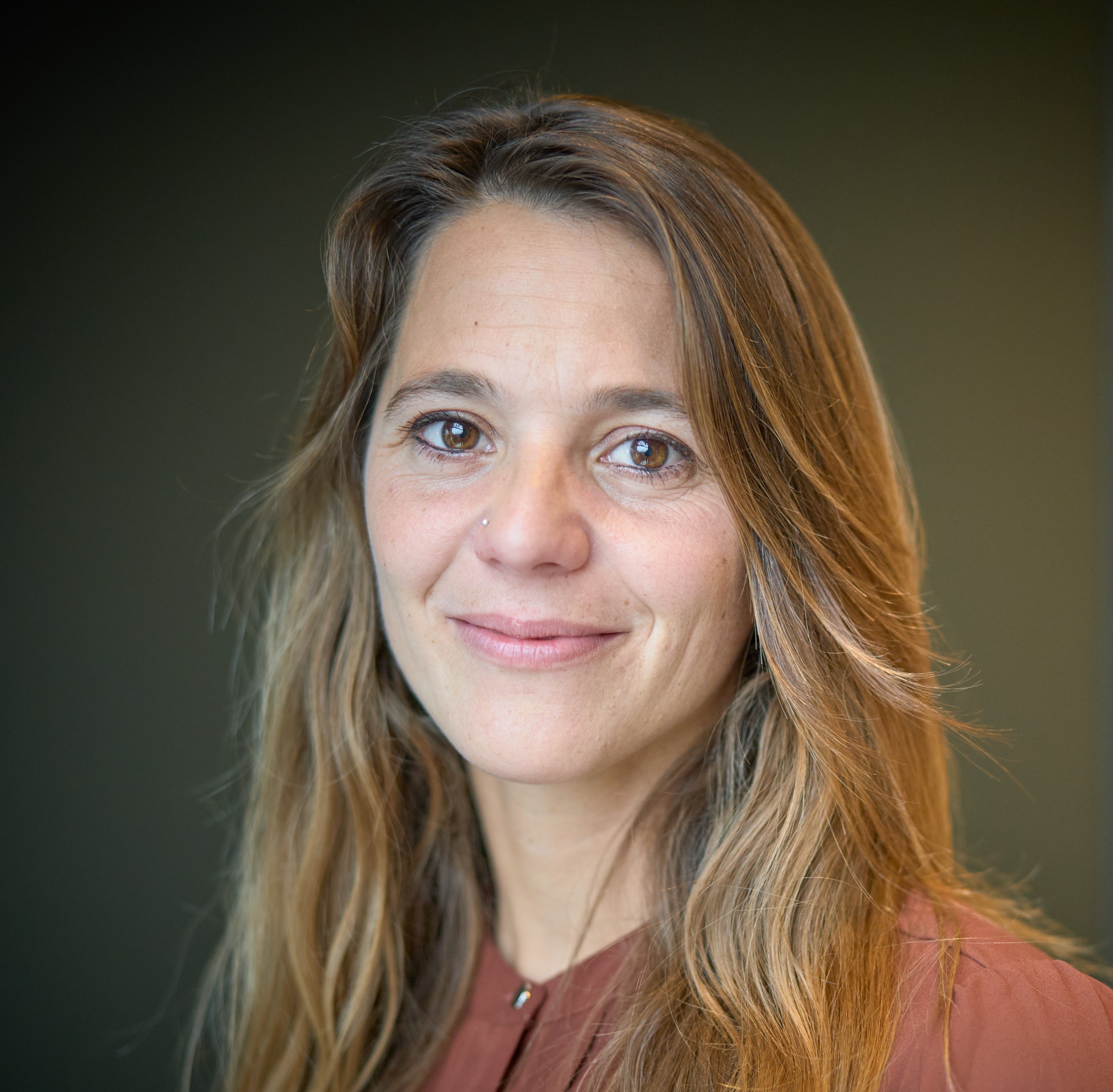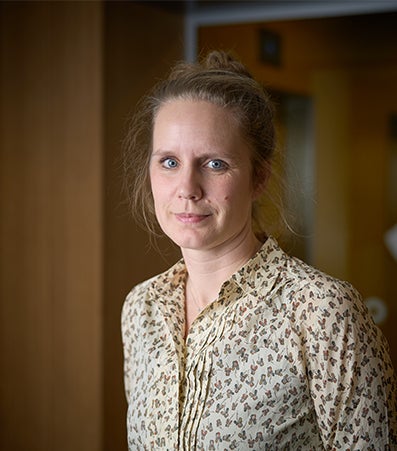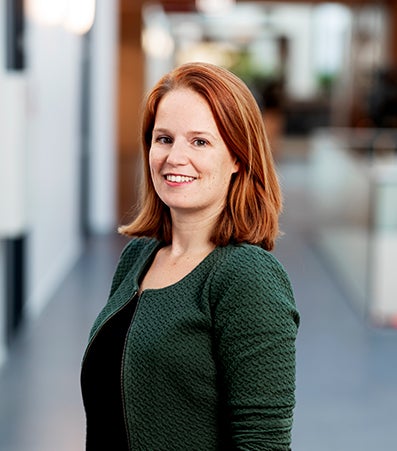In recent years, we have witnessed how global crises, including the COVID-19 pandemic, the climate crisis, as well as financial crises, have profoundly impacted organizations in the form of increased uncertainty, organizational trauma, and stress. Under the influence of neo-liberal policies, organizations have become even more vulnerable and fragile. In this process, the wellbeing of employees has been largely compromised, while work stress is becoming a prevalent symptom of our time.
In our research group ‘Wellbeing in Crisis’, we explore the implications of these crises on organizations and its members with the aim to develop both theoretical as well as practical avenues towards organizational healing and collective resilience.
Across our various research projects, in collaboration with many research partners in different countries, we apply a relational understanding of wellbeing, which does not assume that the responsibility for wellbeing rests on the shoulders of individuals. Instead, we explore how experiences of distress, social support, and resilience are co-constructed within existing organizational cultures and networks. With a change agenda of working towards more healthy and resilient individuals, organizations and society at large, we examine the possibilities of transformative change through the introduction of participatory approaches, creative interventions as well as the use of AI for more sustainable and inclusive work practices.

